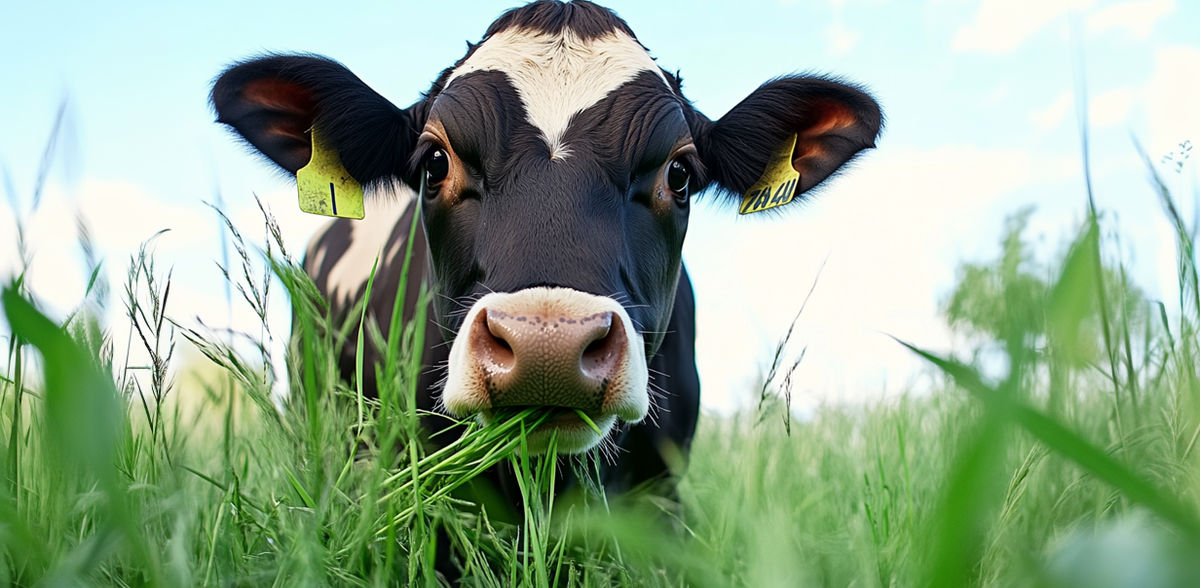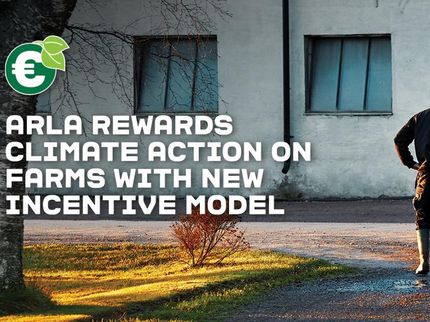Prospects for milk production: More protein and a healthier environment through grass feeding
Grass-based and low-concentrate cow feed increases protein turnover and reduces environmental impact
Advertisement
How can milk production be made more sustainable? And how does feeding concentrates influence sustainability? Researchers at the University of Göttingen and the Kassel Institute for Rural Development have investigated protein utilisation on dairy farms and shown that grass-based and low-concentrate feeding of dairy cows ultimately produces more protein for human consumption. It also reduces the environmental impact by minimising excess nutrients in ecosystems. The results of the study were published in the journal Agricultural Systems.
In order to produce more and more milk, farms have increasingly fed cows protein- and energy-rich concentrated feed – such as cereals or soya – over the past decades. At the same time, grass and pasture-based animal husbandry has declined. However, this practice harbours risks for the environment, requires global feed imports in some cases and increases competition for arable land for the cultivation of food for humans. The researchers therefore looked for approaches to make milk production more sustainable.
To this end, they calculated the protein efficiency of milk production for a total of 52 dairy farms throughout Germany – both organic and conventional – using the so-called hePCR (human-edible protein conversion ratio). This measure describes the ratio of edible protein in feed to protein in milk and shows how much humans and dairy cows compete for the same food resource. The team then compared the protein efficiency with various environmental factors such as plant species diversity and nitrogen pollution in the grassland.
“The results show that a lot of concentrated feed significantly worsens the overall balance in the production of dietary protein,” explains first author Maria Wild from the Department of Grassland Science at the University of Göttingen. “Grass-based milk production, on the other hand, provides more protein for human nutrition despite a lower total milk yield.” Dr Martin Komainda from the same department adds: “High net protein production is associated with significantly greater plant species diversity on the farms’ grassland areas and with fewer nitrogen and phosphorus surpluses.” Professor Johannes Isselstein, head of the department, draws conclusions for the future: “Preserving biodiversity, reducing nitrogen surpluses and at the same time producing high-quality regional food are key aspects of national and international sustainability goals. A paradigm shift in the way we assess efficiency and sustainability in milk production is therefore urgently needed.”

































































